Current Vacancies
February – March 2026
Call for Moon Village Centers
Introduction The Moon Village Centre will act as bridge between Earth and the Moon, symbolising humanity’s collective commitment to sustainable lunar exploration and…
highlighted
LATEST
Current Vacancies
February 25, 2026
Call for Moon Village Centers
November 17, 2025
Remembering Steve Durst
February 10, 2026
WINNERS – 2025 MVA Moon Market Annual Award – 3rd Edition
December 6, 2025
Announcement – 5th PromoMoon Intiative
November 24, 2025
Events
Activities
WINNERS – 2025 MVA Moon Market Annual Award – 3rd Edition
The 2025 MVA Moon Market Annual Awards (3rd edition) were presented during…
Announcement – 5th PromoMoon Intiative
Deadline: March 15, 2025
Report & Recording available – International Virtual Workshop on Interoperability and Lunar Activities Database
The International Virtual Workshop on Interoperability and Lunar Activities Database brought together…
Call for Candidates – 2025 MVA Moon Market Annual Award
2025 MVA Moon Market Annual Award – Call for Candidates Thanks to…
Latest videos
Watch the Cultural WG webinar – Sci-Fi Moon Visions
Watch the Cultural WG webinar – Latin America In Outer Space
Watch the LAST WG webinar – Growing Beyond: Lessons from the Moon for Earth’s Future Farming
Watch the Cultural Considerations WG Webinar – Afro-Futurism and Space Law
Watch the STSC 2025 Side Event – Lunar Sites of Special Scientific Interest
On February 6, 2025 at the UN-COPUOS STSC, the Side Event “Lunar…
Recordings – 8th Global Moon Village Workshop & Symposium
Day 1 – December 2 Morning Sessions Afternoon Sessions Day 2 –…
Vacancies
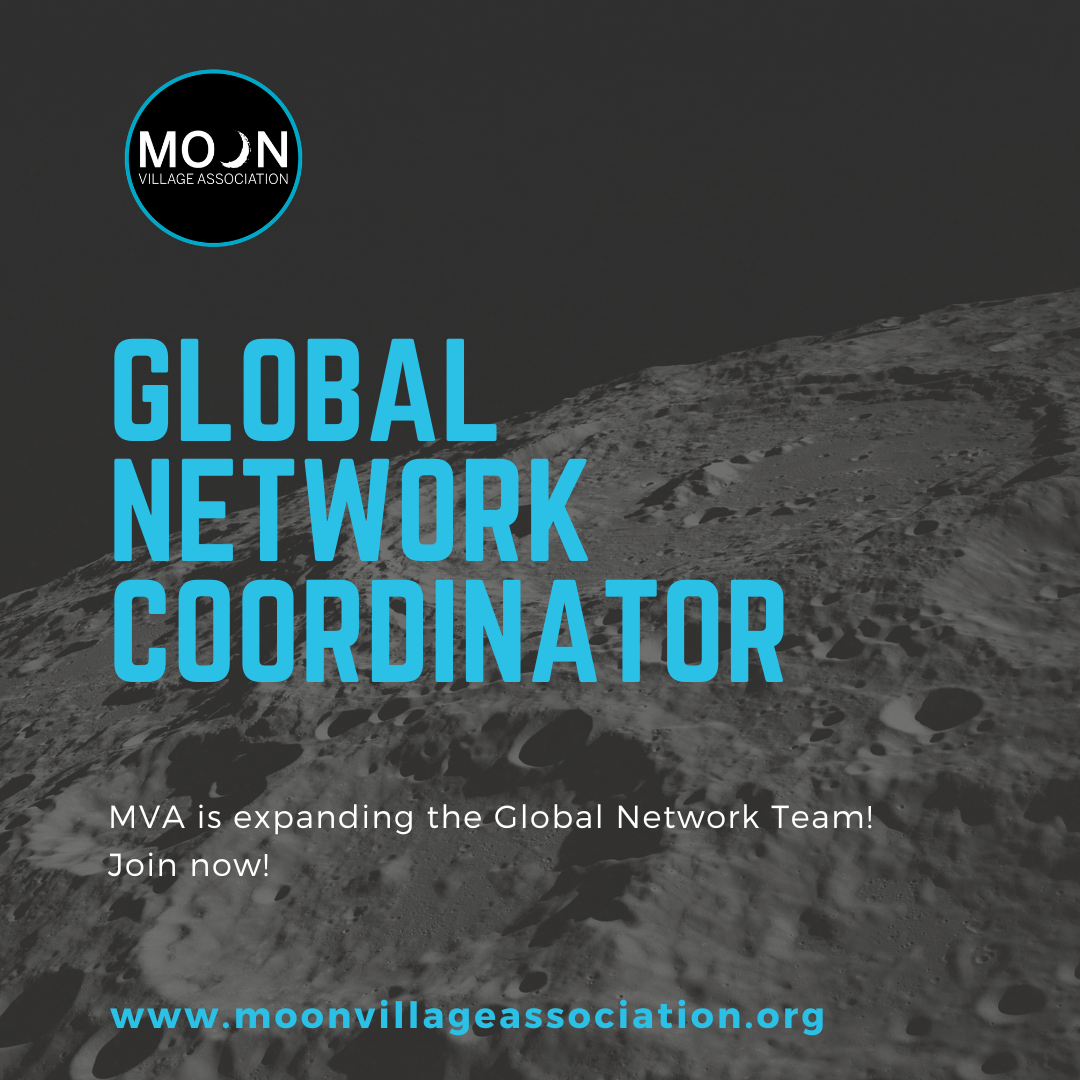
MVA is looking for a Global Network Coordinator
March 5, 2026
/ MVA is looking for a Global Network Coordinator
Call for Applications – Lunar Governance Working Group Co-Chair
February 5, 2026
/ Call for Applications – Lunar Governance Working Group Co-Chair
Call for Applications – Chair of GEGSLA Working Group Three
February 2, 2026
/ Call for Applications – Chair of GEGSLA Working Group Three
Call for Applications to the Position of MVA Vice-President
January 20, 2026
/ Call for Applications to the Position of MVA Vice-President
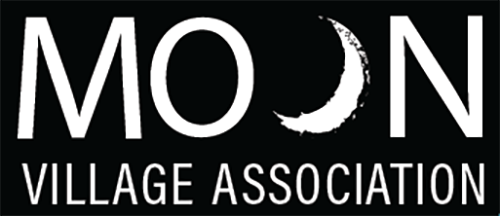
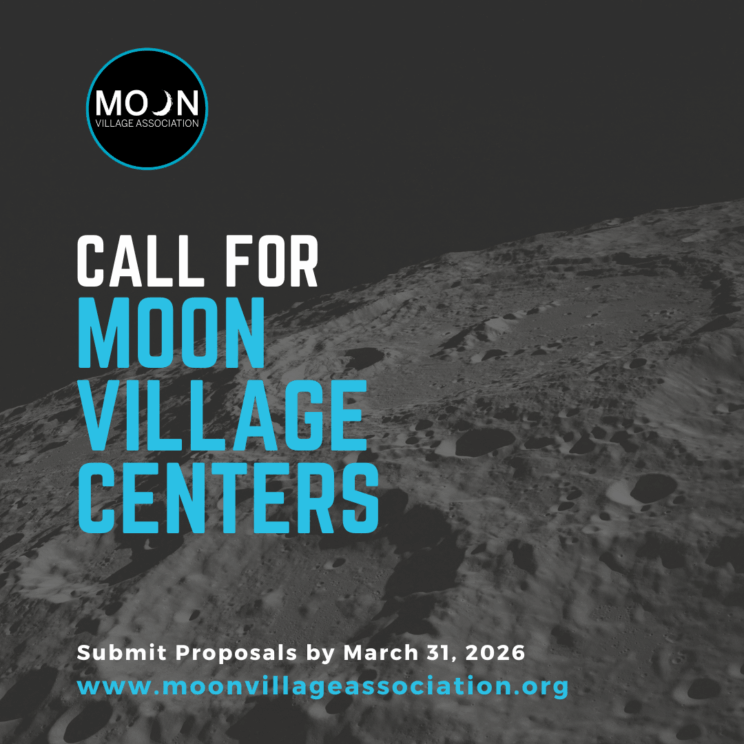
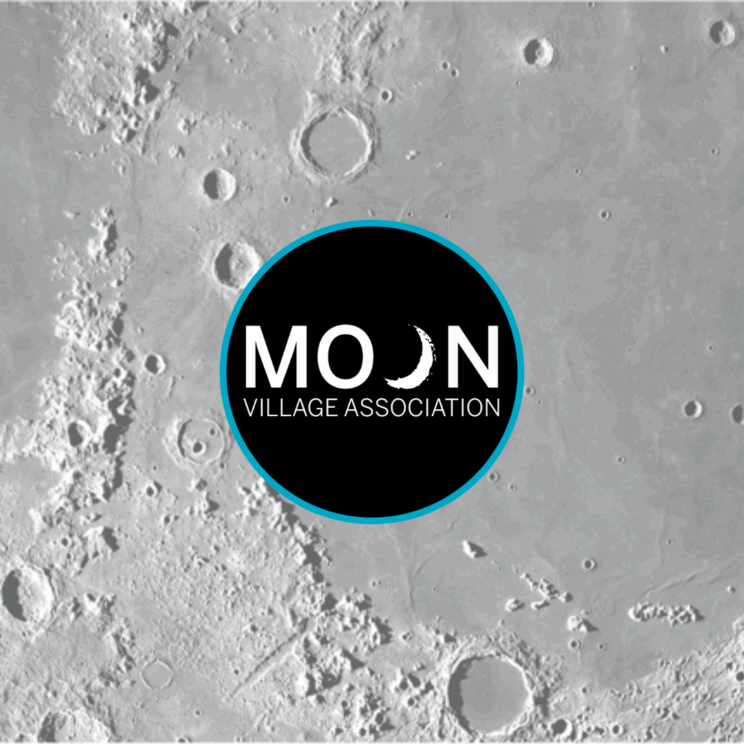


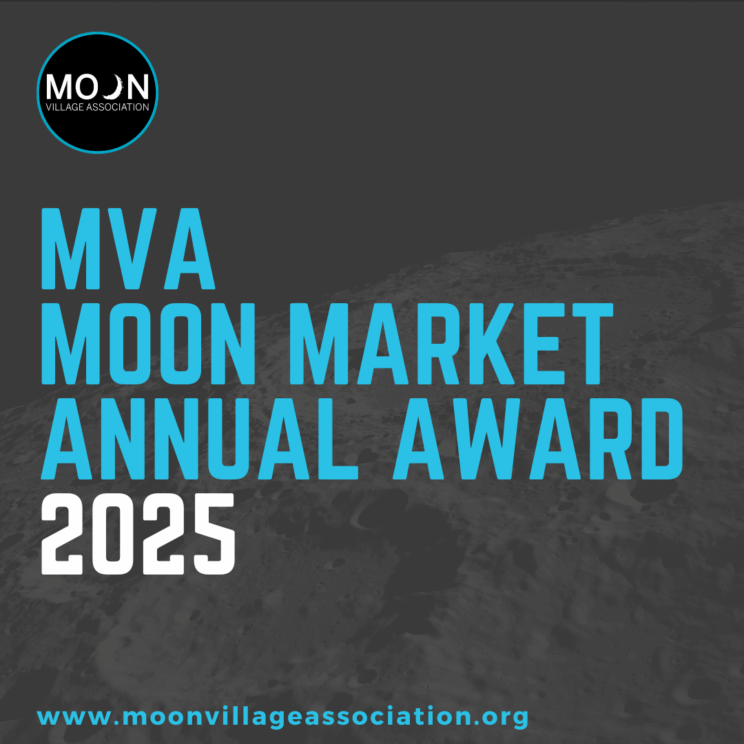
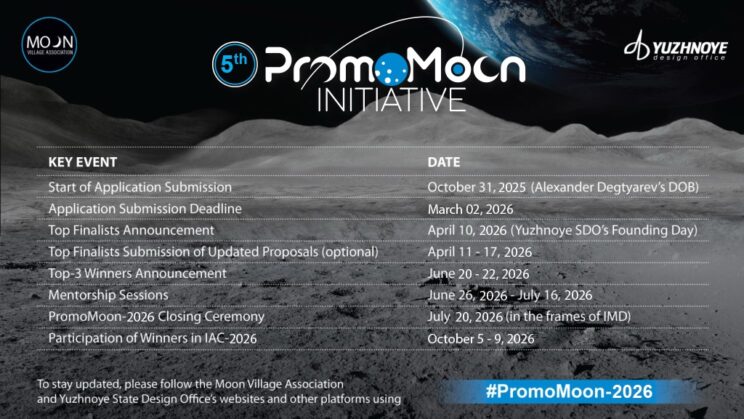
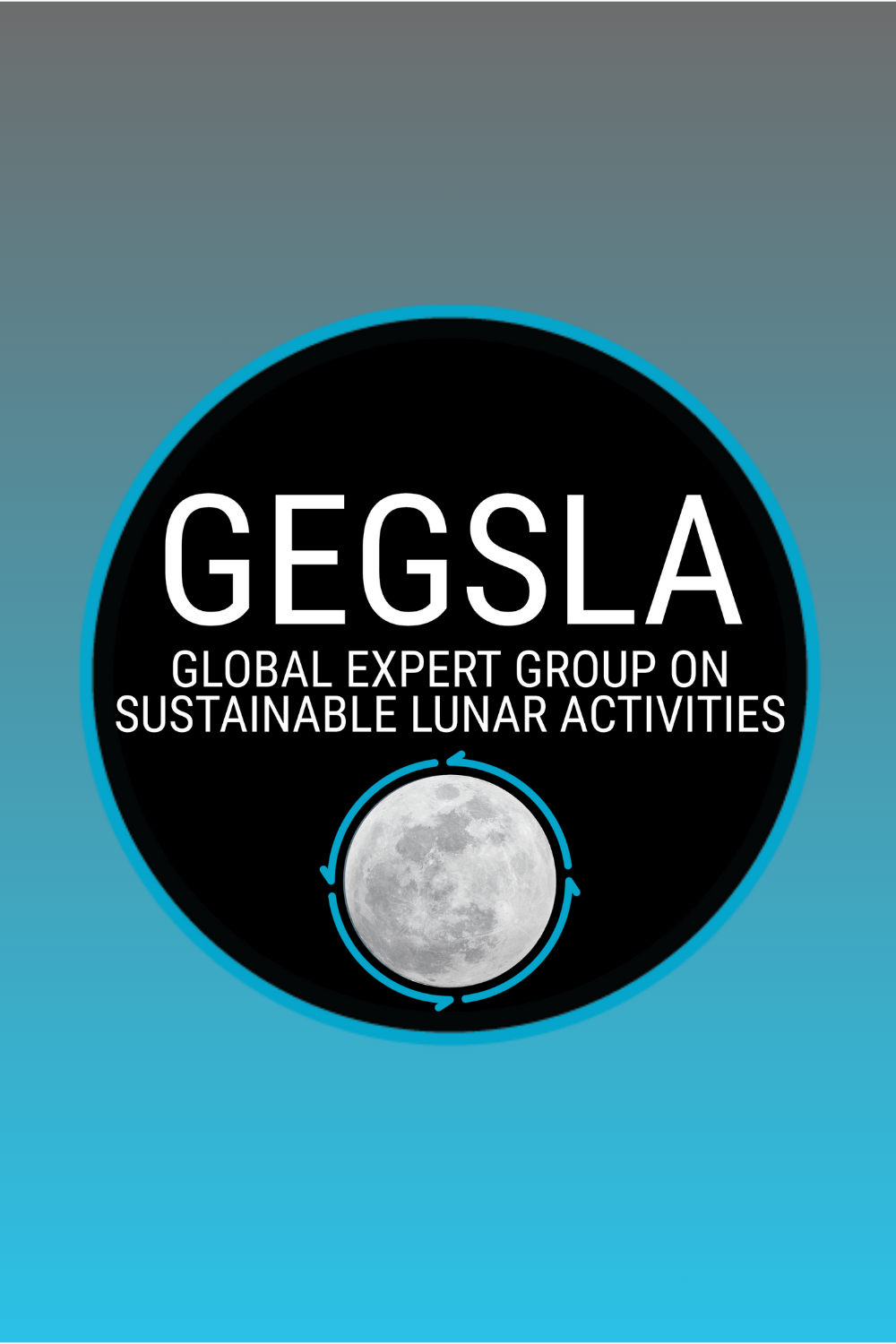
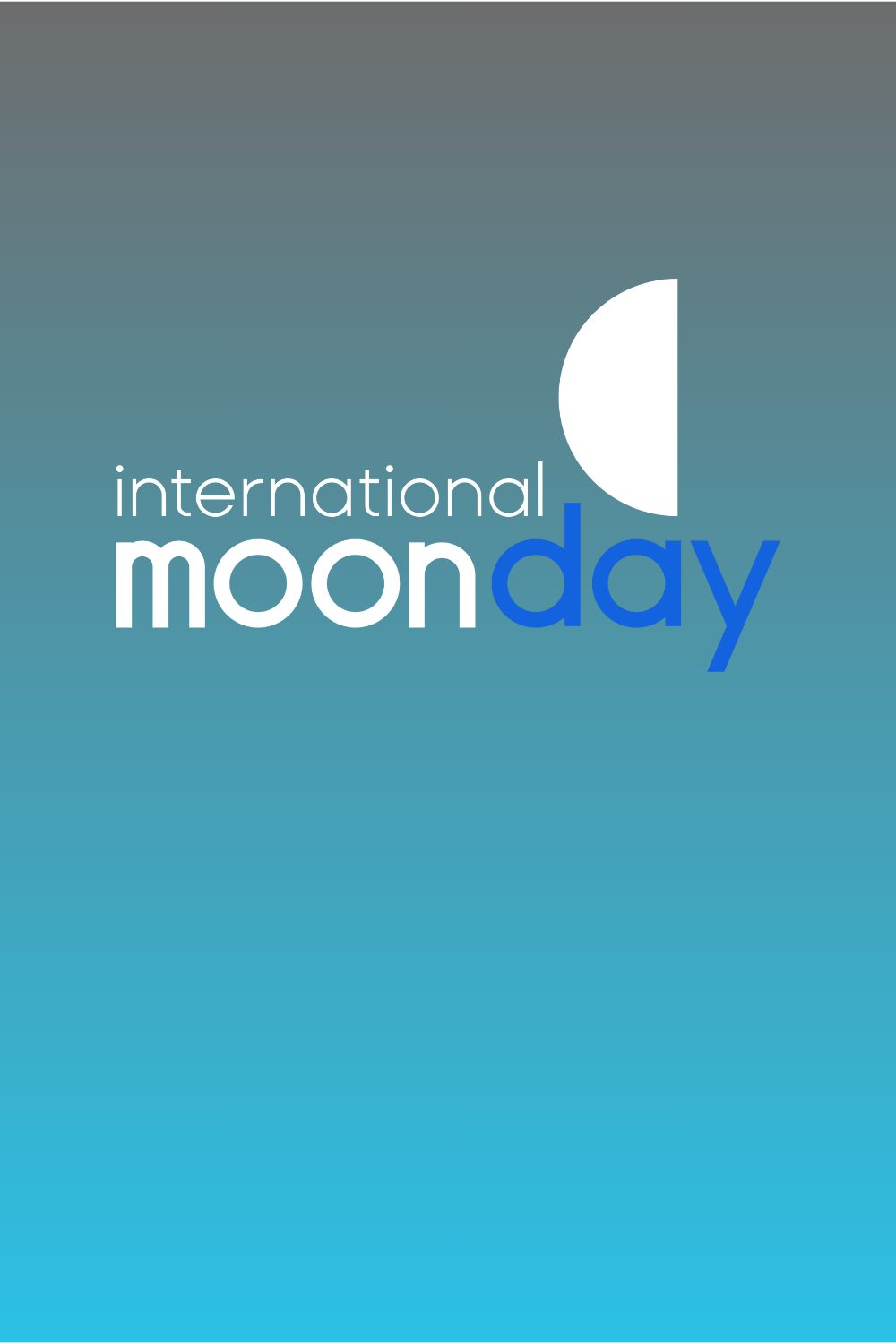
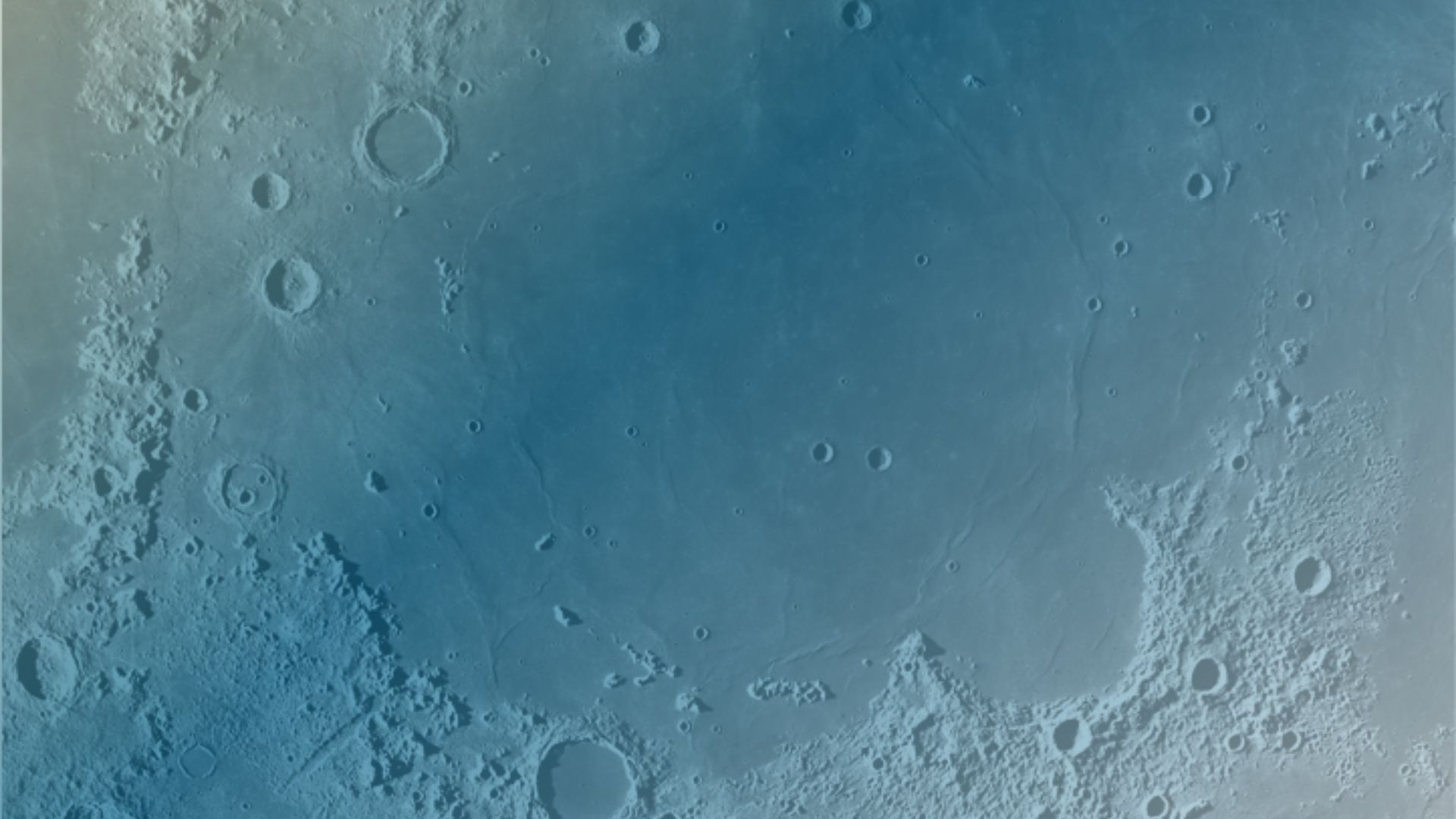


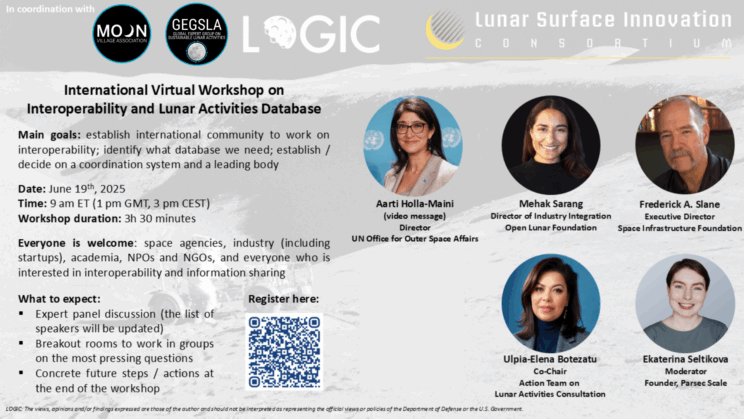
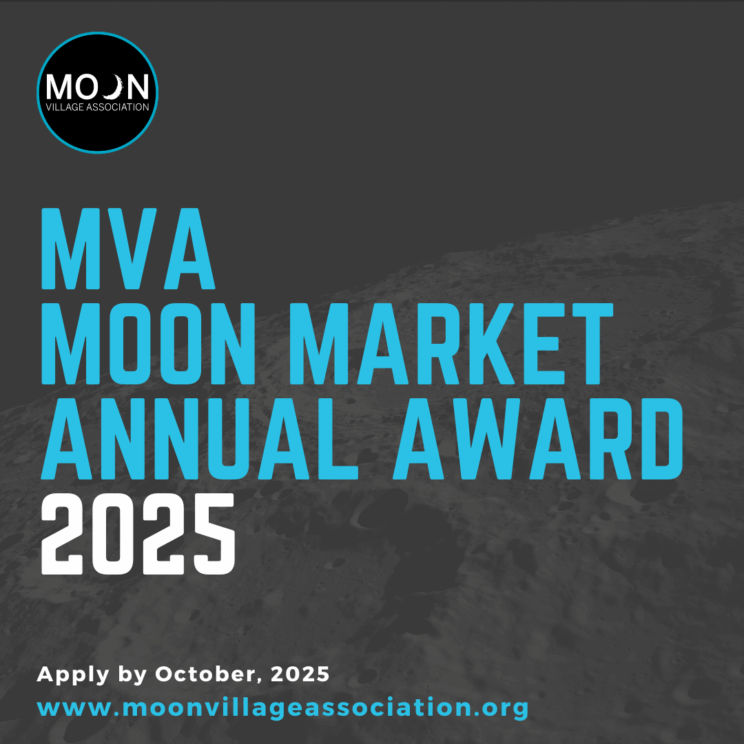
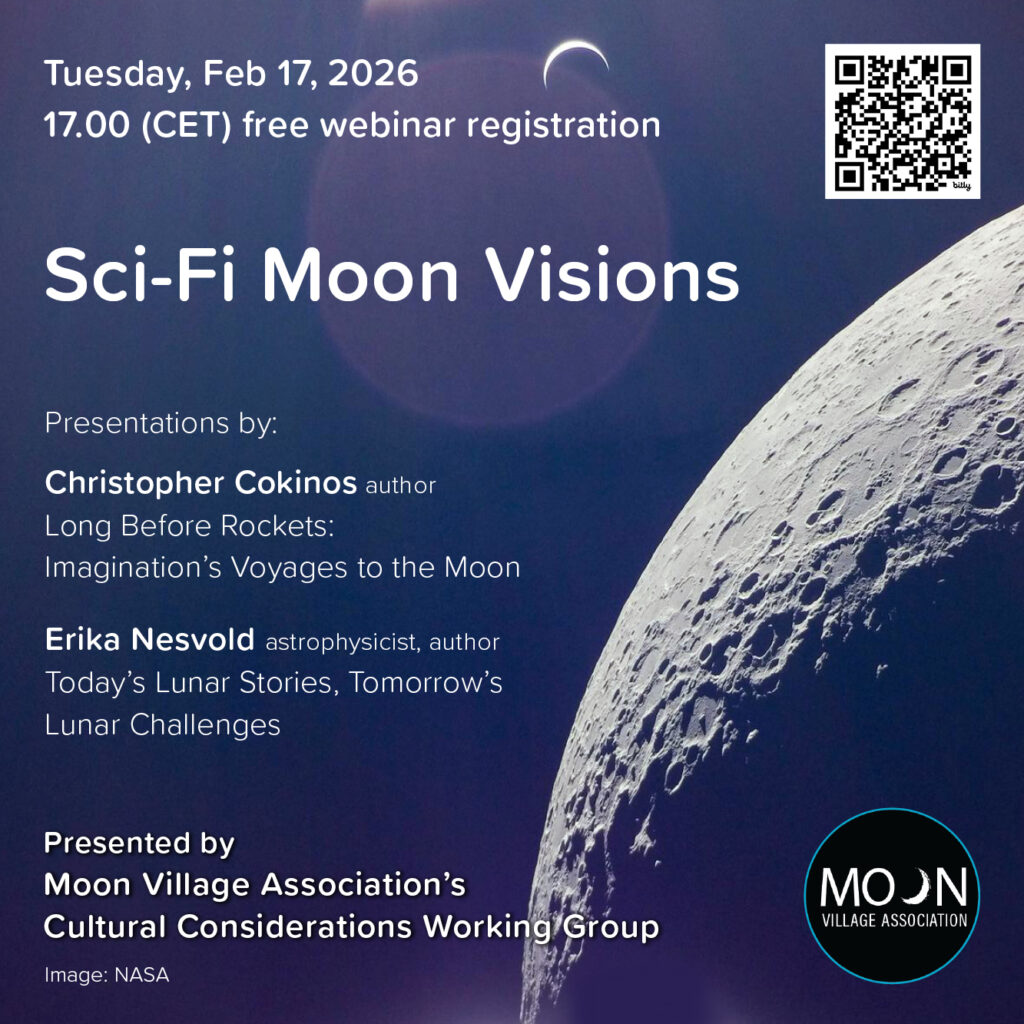
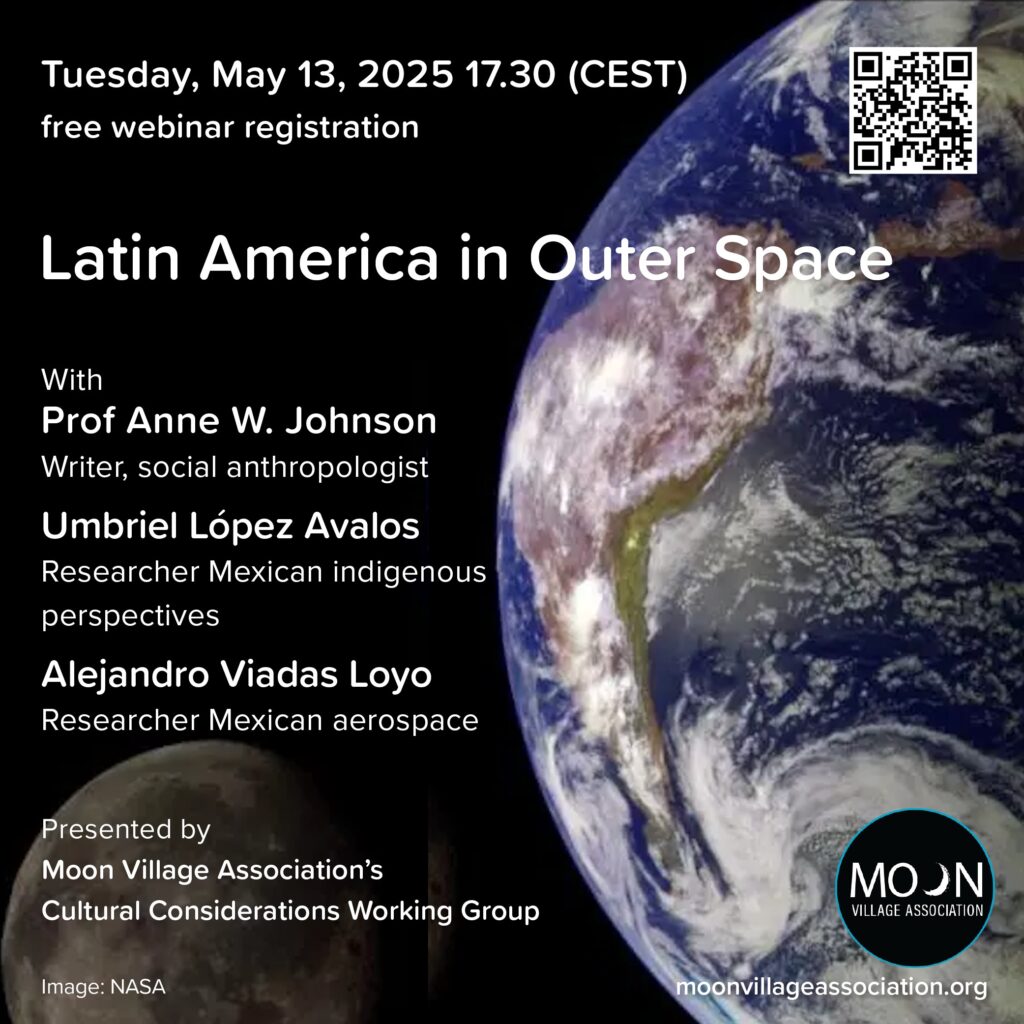
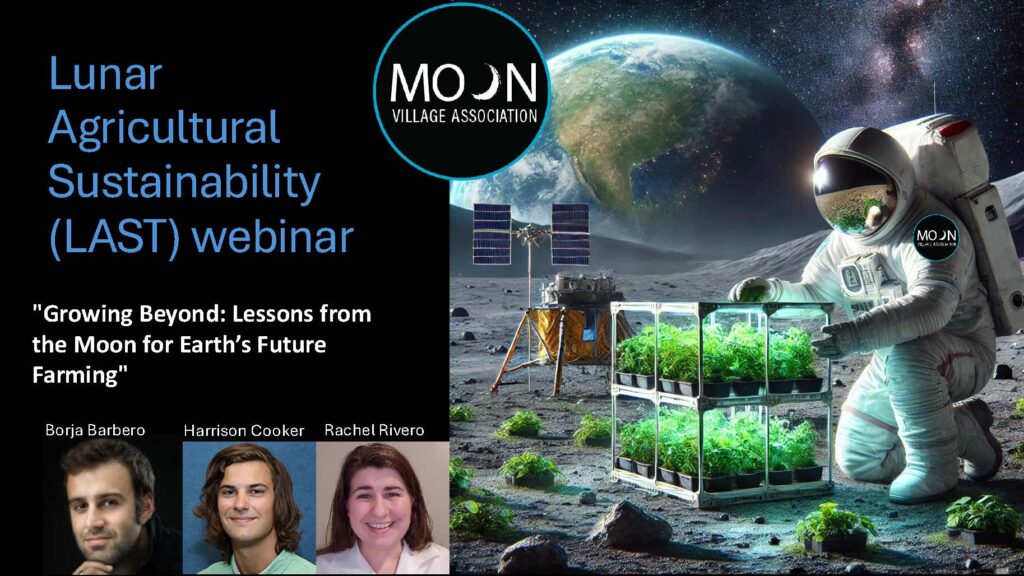
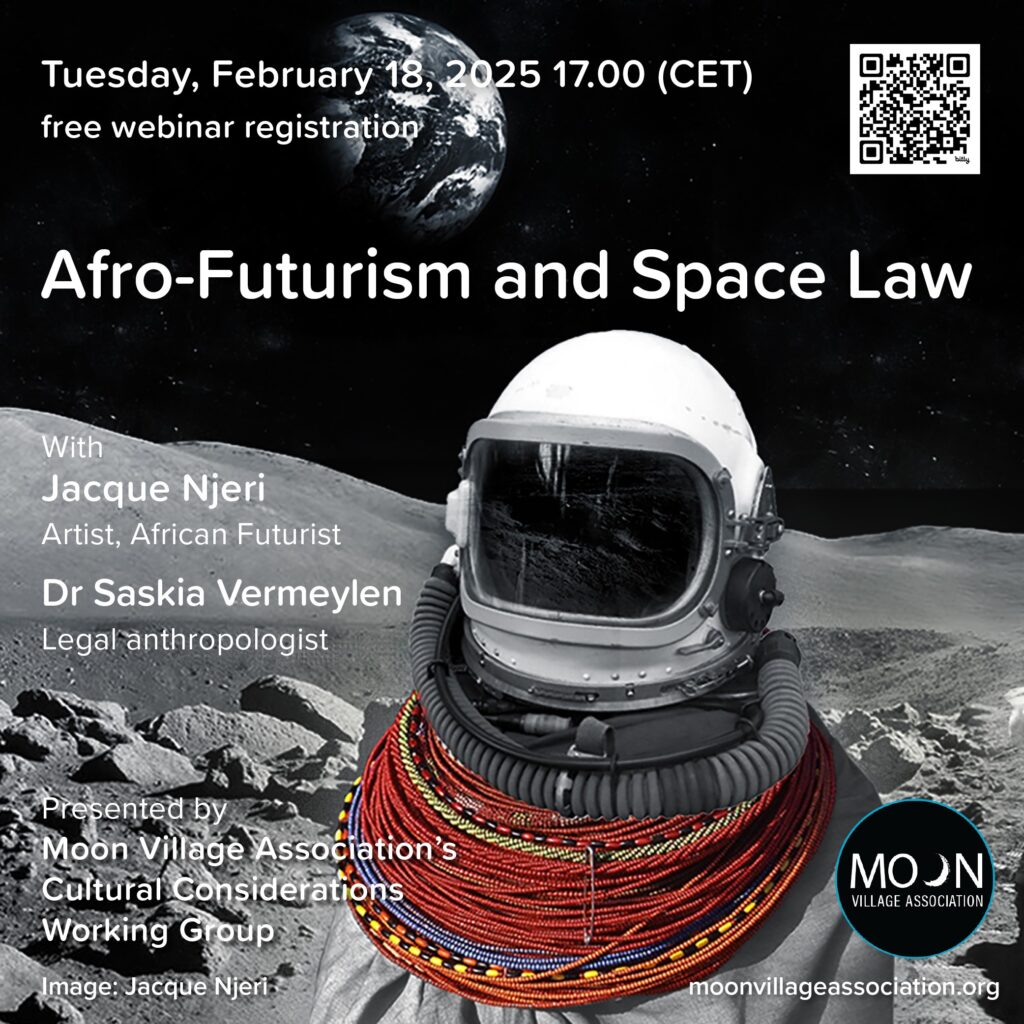
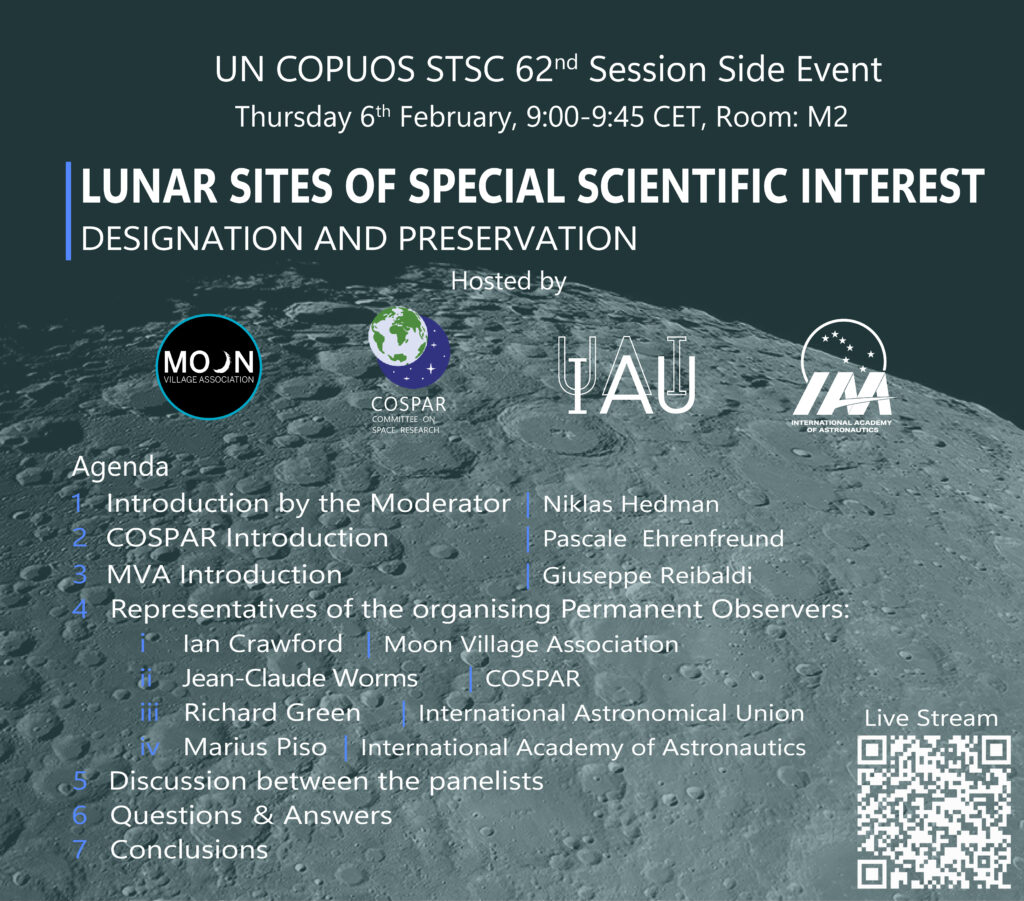
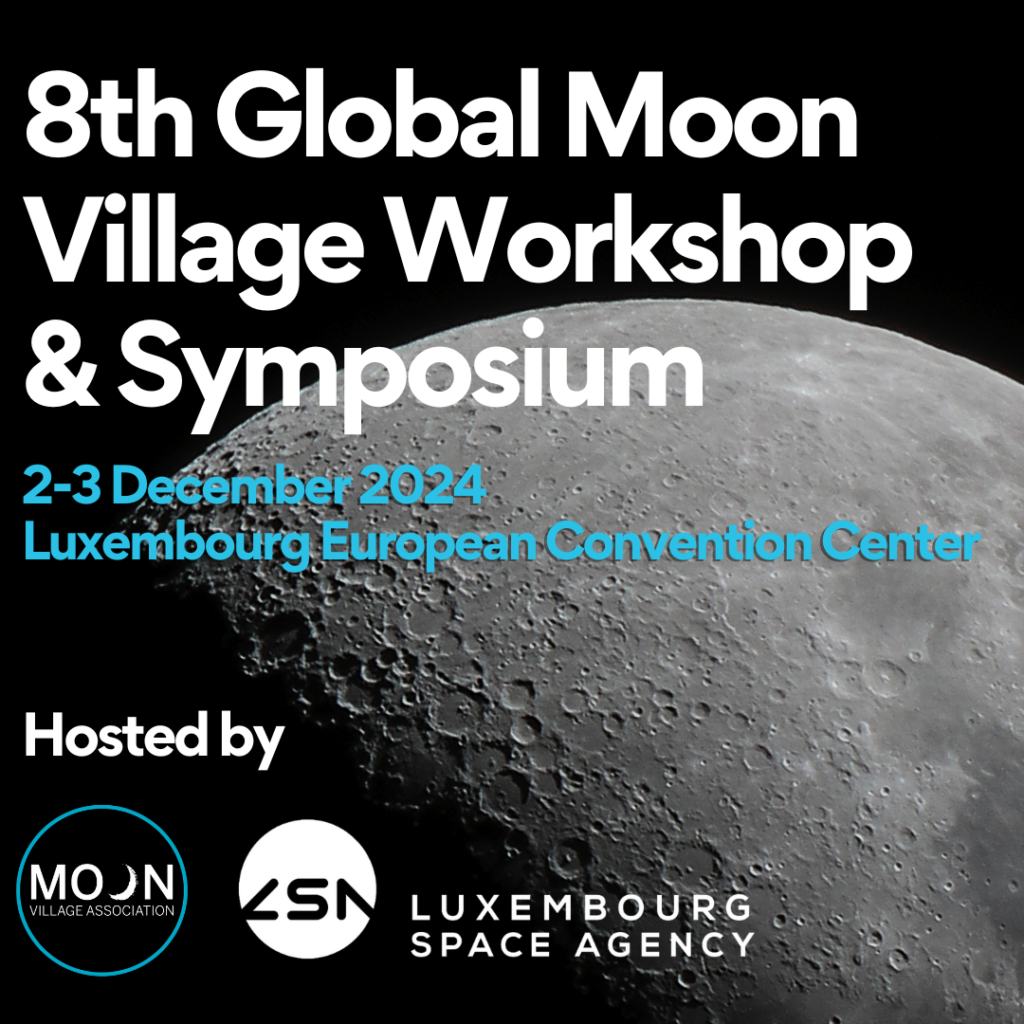
You must be logged in to post a comment.